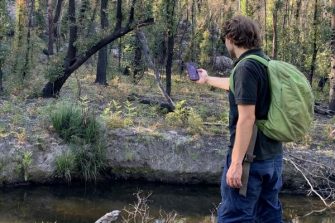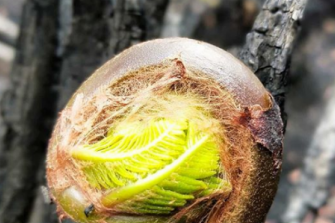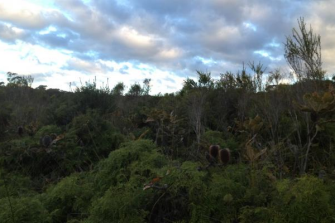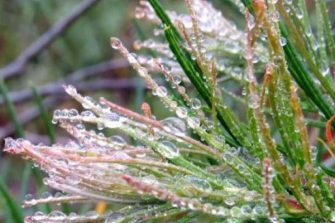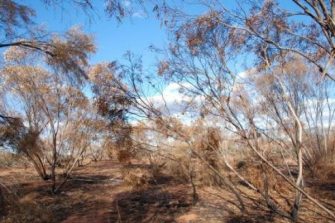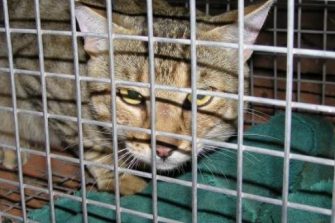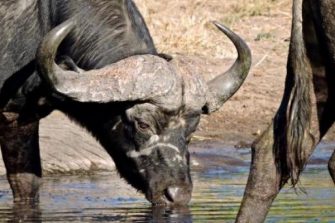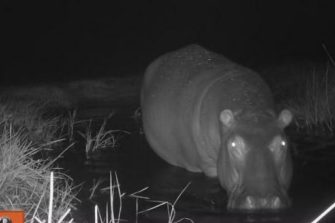Terrestrial ecosystems
Personalise

We're interested in a wide range of processes and organisms in terrestrial ecosystems. In particular, we investigate how ecosystems work and the interactions between the drivers of ecosystem productivity (soils, for example) to the different organisms from the microscopic to top predators.

